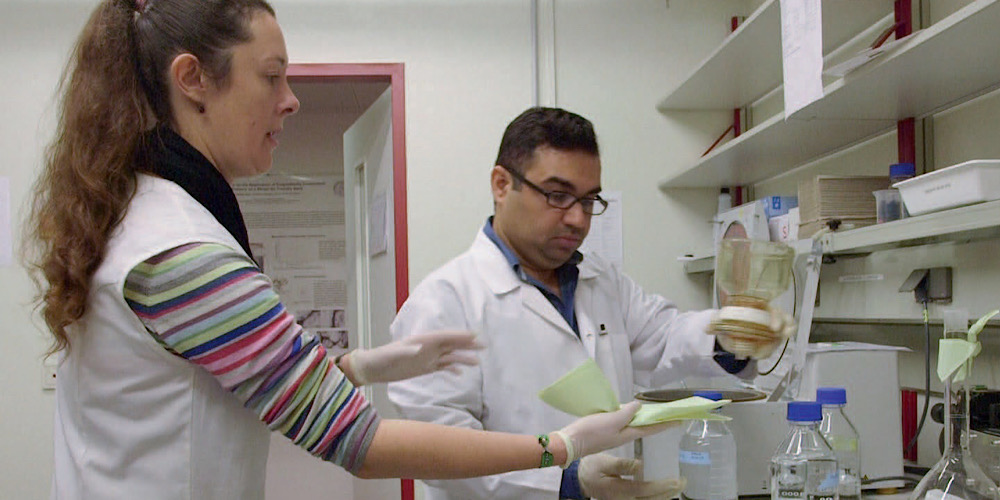
Science International, which consists of three organizations, the International Science Council (ISC), The World Academy of Sciences (TWAS) and the InterAcademy Partnership (IAP) held a three-day virtual workshop last week to commence a strategic plan to set the foundations of the project, which is featured in the ISC Action Plan.
The project is getting underway as the world is witnessing the highest numbers of forcibly displaced people on record. Their migrations are driven by conflict, persecution, violence, political uncertainty, climate change and environmental degradation, and are unlikely to diminish in the coming years. Forced migration affects some of the world’s least well-funded science systems, with relatively low levels of scientific capacity, as well as countries such as Iraq, Syria and Yemen, which previously had strong science systems that are now largely destroyed.
The project and workshop was led by Erin Buisse Consulting, a firm that has experience working with refugees, awareness campaigns, and fundraising. Their prior clients include National Geographic and the University of Geneva.
The three-day virtual workshop took place on October 7, 13 and 14. It brought experts and key stakeholders together as they explored the creation of a coalition and advocacy measures to address the needs of refugee and displaced scientists. The participants were separated into four breakout groups that framed a initial network/coalition building plan, mapping survey, strategic framework and a communication plan.
The outcomes of the three-day workshop included:
The next steps from the workshop will be shared in the coming weeks, keep an eye out on the refugee and displaced scientists project page for the latest.
Photo by Nicole Leghissa from Science in Exile